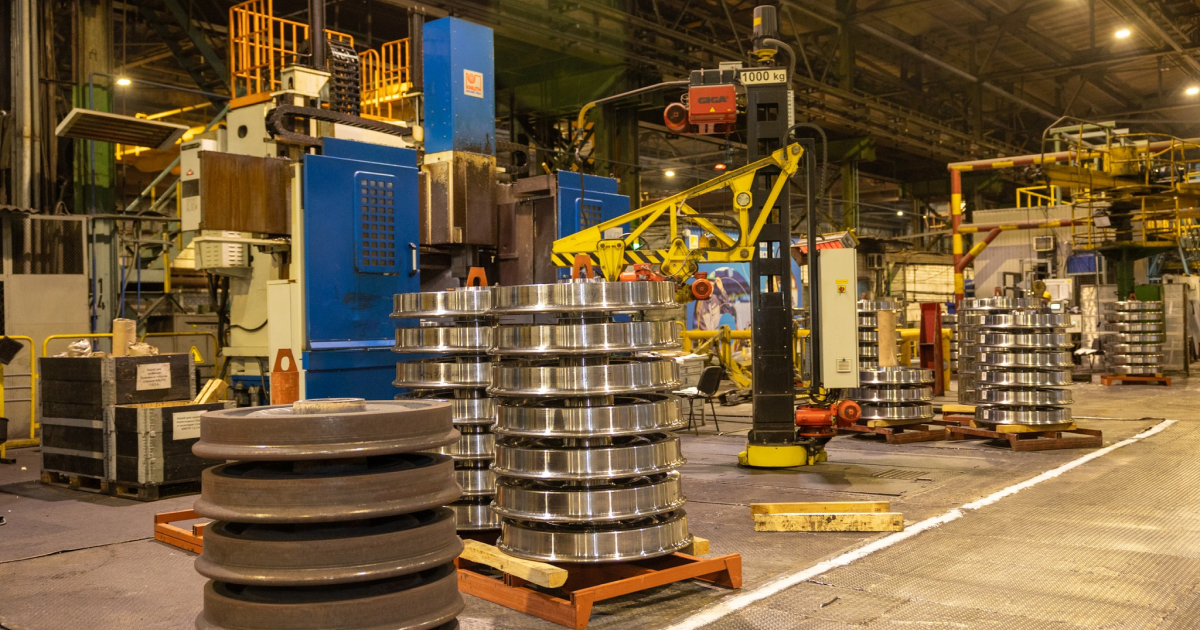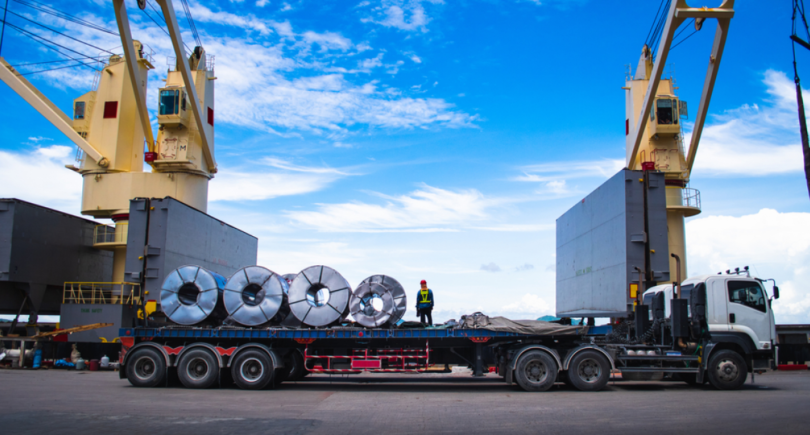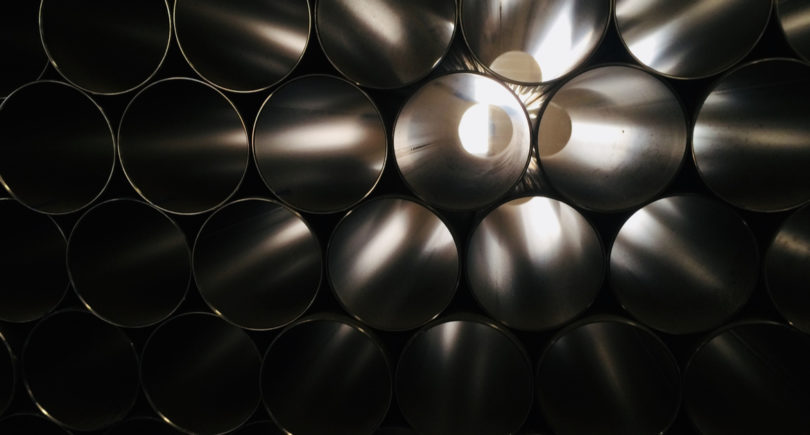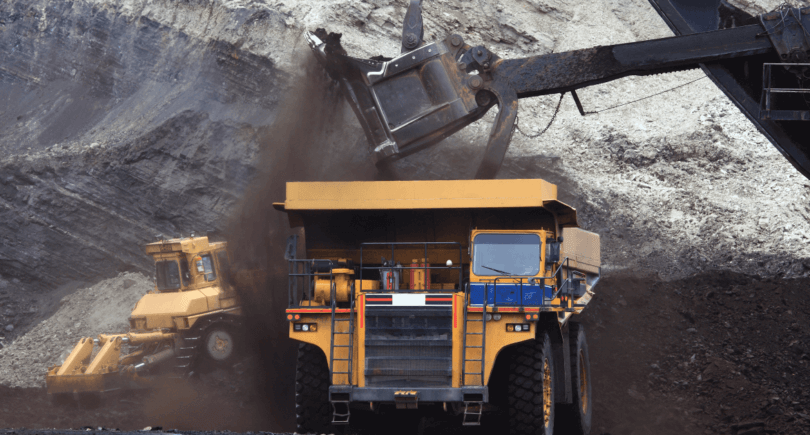
News Global Market decarbonization 676 15 October 2024
The company has already met the Green Deal goals for 2030
The Ukrainian industrial group Interpipe took a leading position in the EU regarding the decarbonization of the production of railway products. This is reported by CFTS.
A few years ago, European buyers were interested in technical audits, currently, first of all, environmental audits, the company said in a comment to CFTS. Producers are asked about measures to reduce CO2 emissions, which directly affect the «carbon footprint» of railway products. So compliance with decarbonization requirements is necessary even under conditions of war and increasing additional costs, such as logistics.
In September, Interpipe presented its wheeled products under the KLW brand at InnoTrans 2024 in Berlin, which is the world’s largest exhibition of rolling stock. Among the main topics for the industry were decarbonization and green steel.
Oleksandr Garkavy, director of the Interpipe railway products division, noted that the European market is home for the company. At InnoTrans, the group was keen to convey to customers that Interpipe is a leader in decarbonisation and has one of the best carbon footprints in the industry.
Oleksandr Garkavy added that “Interpipe” has already fulfilled the goals of the Green Deal for 2030.
«Such results were achieved thanks to the launch of the Interpipe Steel electric steelmaking complex, which resulted in a radical reduction in carbon emissions under Scope 1. However, the company continues to work on further reducing emissions, in particular, by increasing the share of purchases of “green” electricity, which has a positive effect on CO2 emissions according to Scope 2», the top manager noted.
He explained that the company has a competitive advantage compared to other European manufacturers of railway products. We are talking about our own capacity for raw material processing and steel smelting. They are actually located on the same production site as the rolling and finishing lines for mechanical processing of railway products, which significantly minimizes the scope 3 carbon emissions. At the same time, other companies have a larger carbon footprint by purchasing steel and raw materials from third parties.
As GMK Center reported earlier, Interpipe expands the logistics of railway products for distant markets using motor vehicles, feeder ships and ocean container ships. At the same time, another big market is the USA. Logistics in this direction improved after the opening of the Ukrainian Black Sea Corridor.




